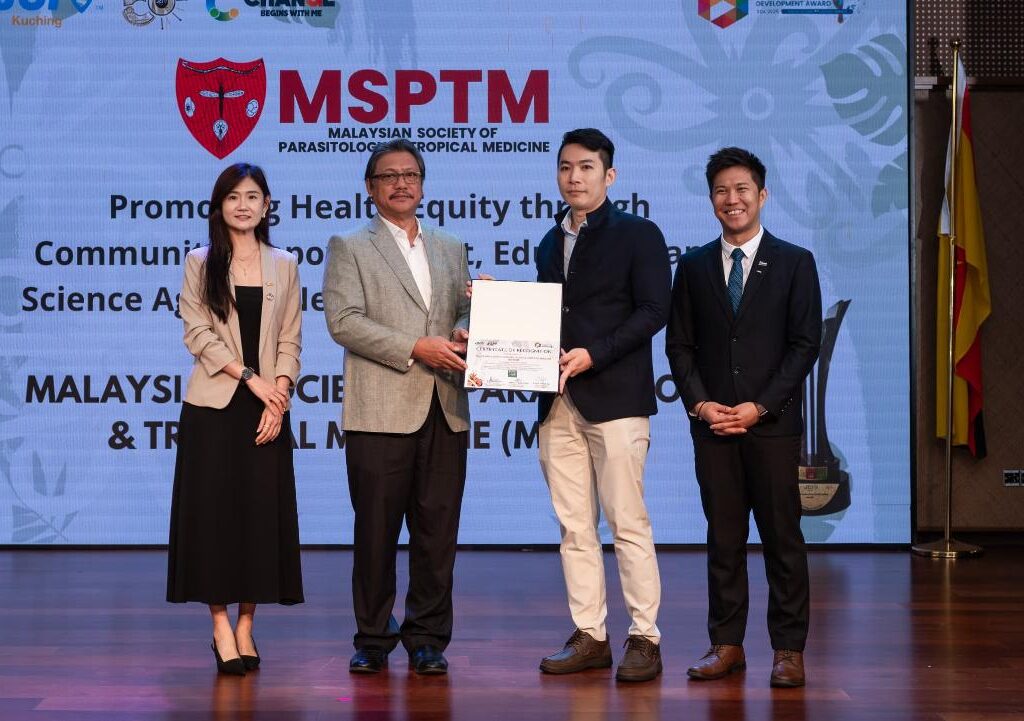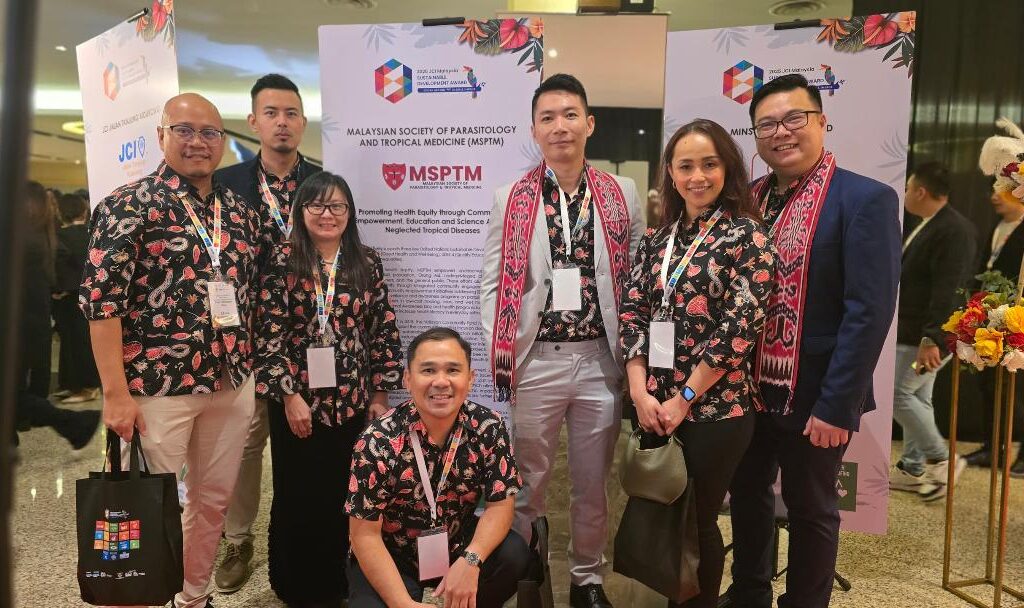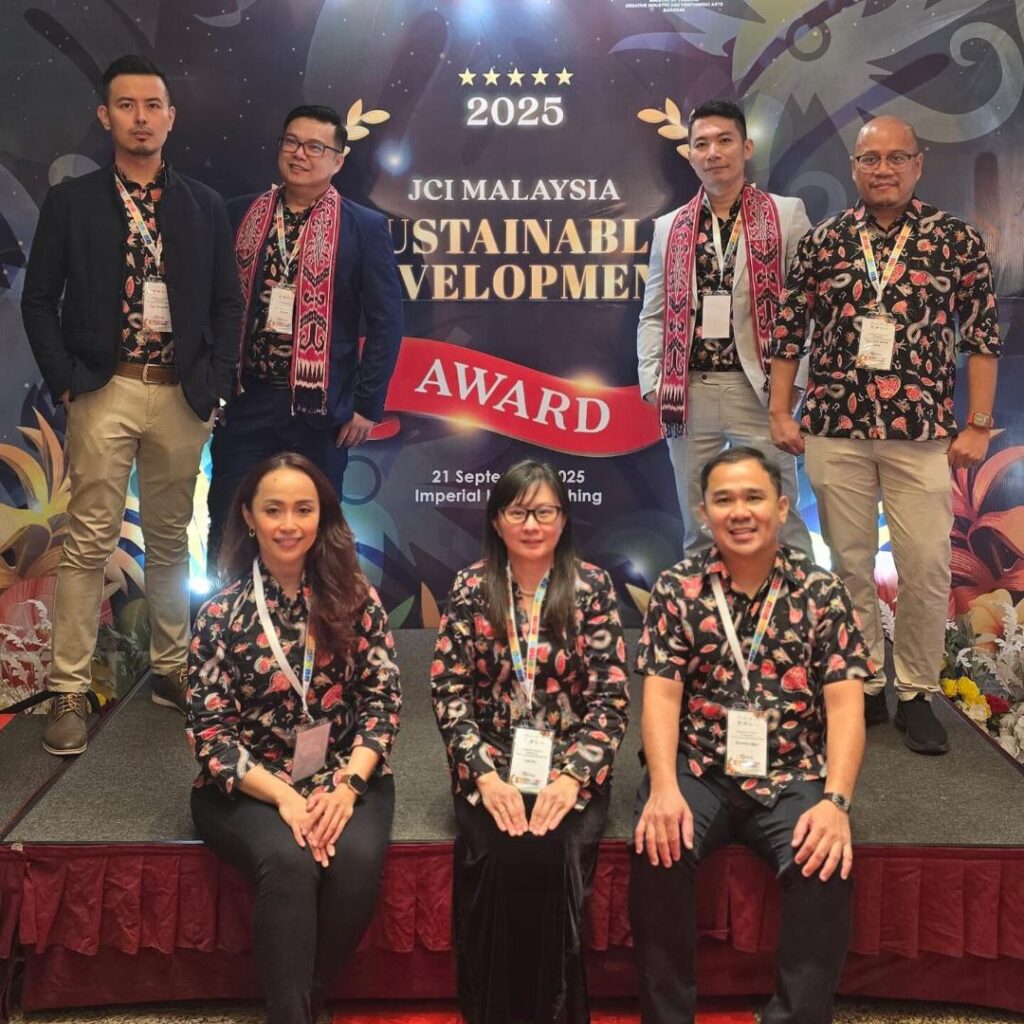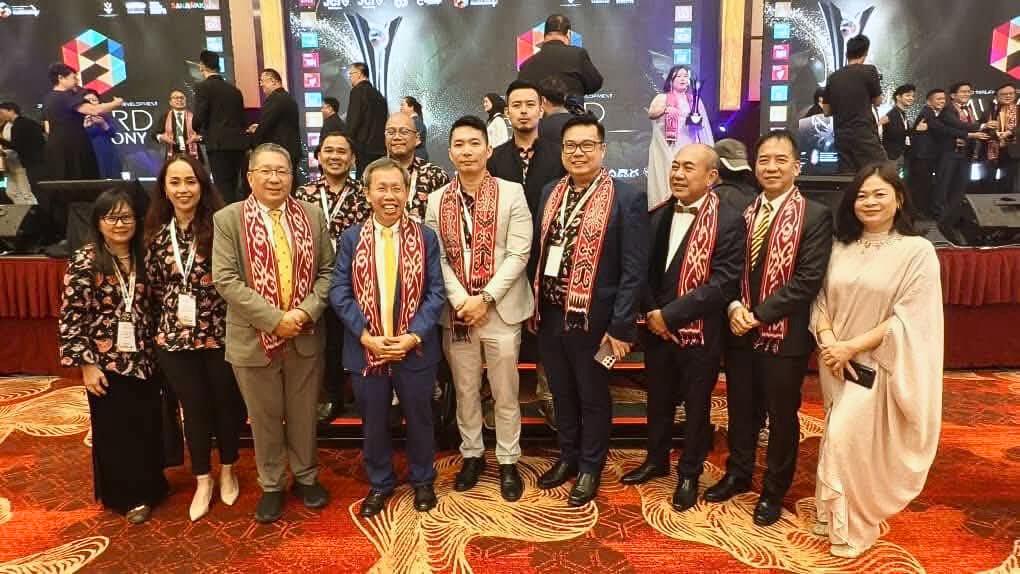MSPTM Recognised as a Top 30 Awardee for the JCI Malaysia Sustainable Development Award
The Malaysian Society of Parasitology and Tropical Medicine (MSPTM) has been recognised as one of the Top 30 Finalists for the 2025 JCI Malaysia Sustainable Development Award under Sustainable Development Goal 3 – Good Health and Well-Being.

This honour reflects the collective effort behind our submission,
“Promoting Health Equity through Science, Education, and Community Empowerment Against Neglected Tropical Diseases.”
Our work actively advances SDG 3 (Good Health and Well-Being), SDG 4 (Quality Education), and SDG 10 (Reduced Inequalities) through:
- Community-based disease surveillance and health-literacy programmes for B40 families, Orang Asli, migrant workers, pet owners, and the general public.
- The Vellayan Community Fund, which since 2018 has supported 17 projects on disease prevention, health education, and sustainable livelihoods.
- Strong scientific engagement via our journal Tropical Biomedicine, major international conferences and regional collaborations with 11 Asian societies and beyond.


This achievement belongs to all of you: our dedicated members, past councils, and collaborators whose commitment makes these initiatives possible. Your service and passion continue to strengthen the society and the communities we serve.

Together, we create impact and legacy, for science, for health, and for the generations to come.
Best regards,
Assoc. Prof. Dr. Lucas Low Van Lun
62nd Council
Malaysian Society of Parasitology and Tropical Medicine
